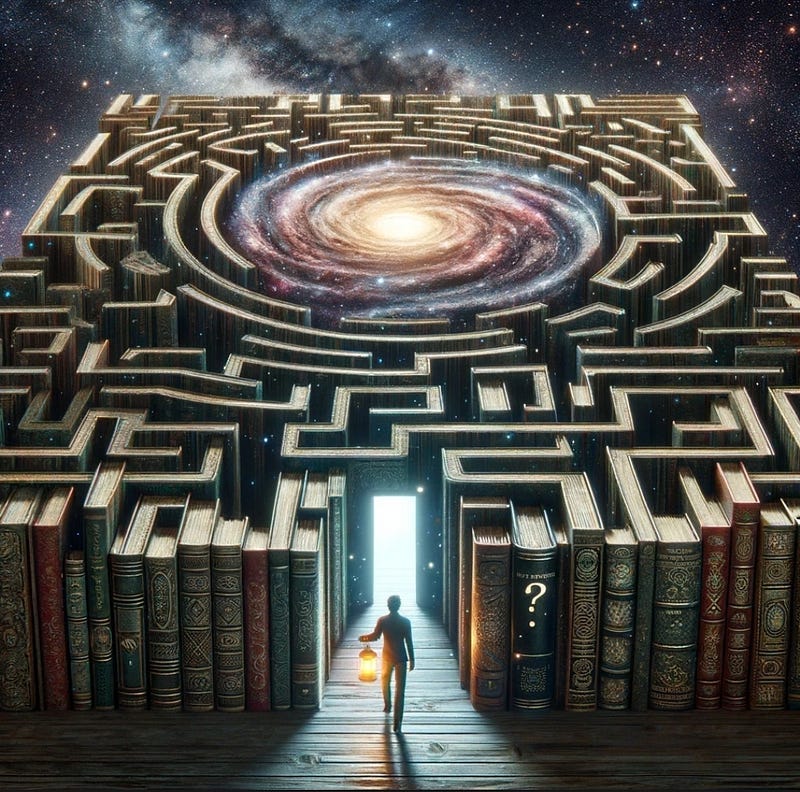The Paradox of Pursuing Knowledge
Navigating the Labyrinth of Belief and Truth
Navigating the Labyrinth of Belief and Truth
I was just contemplating the distinction between true knowledge and justified true belief, following the concept introduced by Gettier.
Consider this scenario: two people hear a lamp fall and break in another room. One sees a cat flee the scene, while the other hears a toddler. Both are convinced they know the culprit. Each bases their certainty on what seems like evidence, and their beliefs appear justified. But does this constitute knowledge, or merely belief?
What if the lamp’s collapse was actually due to its poor construction, and it fell apart from shoddy craftsmanship? This might have startled both the cat and the toddler, inadvertently casting them as the guilty parties by their reactions.
If knowledge is traditionally conceived as justified true belief, yet our justifications are contingent upon human perspectives that are fallible and culturally situated, can we ever claim to have access to 'true' knowledge?
Furthermore, if the Gettier Problem illustrates that having justified true belief does not necessarily constitute knowledge, then what does? Does this suggest that all human 'knowledge' is fundamentally provisional, subject to revision and reinterpretation, and if so, is there a meaningful distinction between knowledge and belief?
In addition, if knowledge is created and validated within the human sphere, does this imply that 'true knowledge’—should such a thing exist independently of human cognition—is essentially inaccessible to us? Is the quest for knowledge, then, a Sisyphean task, where we are condemned to roll the boulder of belief up the hill of truth, only to watch it tumble down under the weight of new evidence or revised interpretations?
In a universe where humans are but transient observers, is the very act of seeking knowledge an exercise in constructing a human-centered narrative that has no echo in the reality we aim to understand? Are we simply following our own confirmation bias lead?
How do we reconcile the pursuit of knowledge with the paradox that the more we know, the more we are confronted with the vastness of what we do not know—does this pursuit then become an absurd but necessary condition of the human experience?


